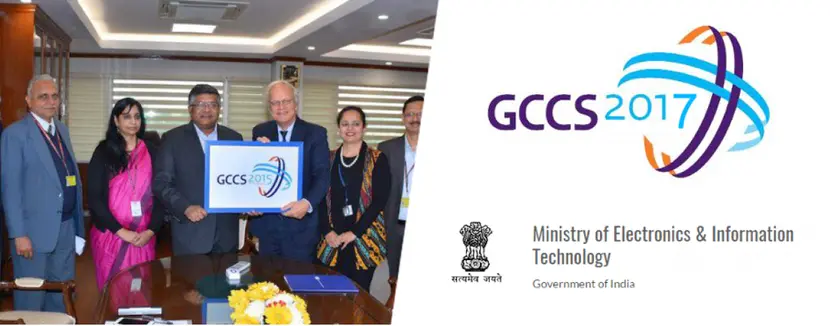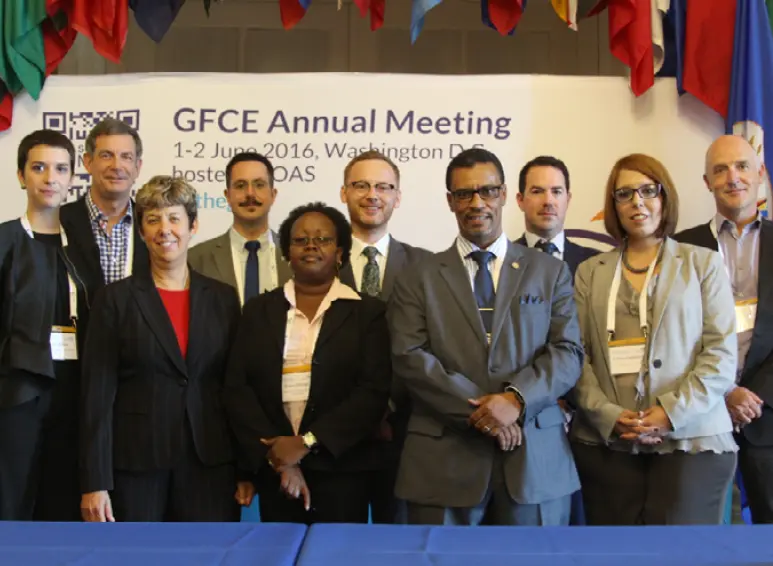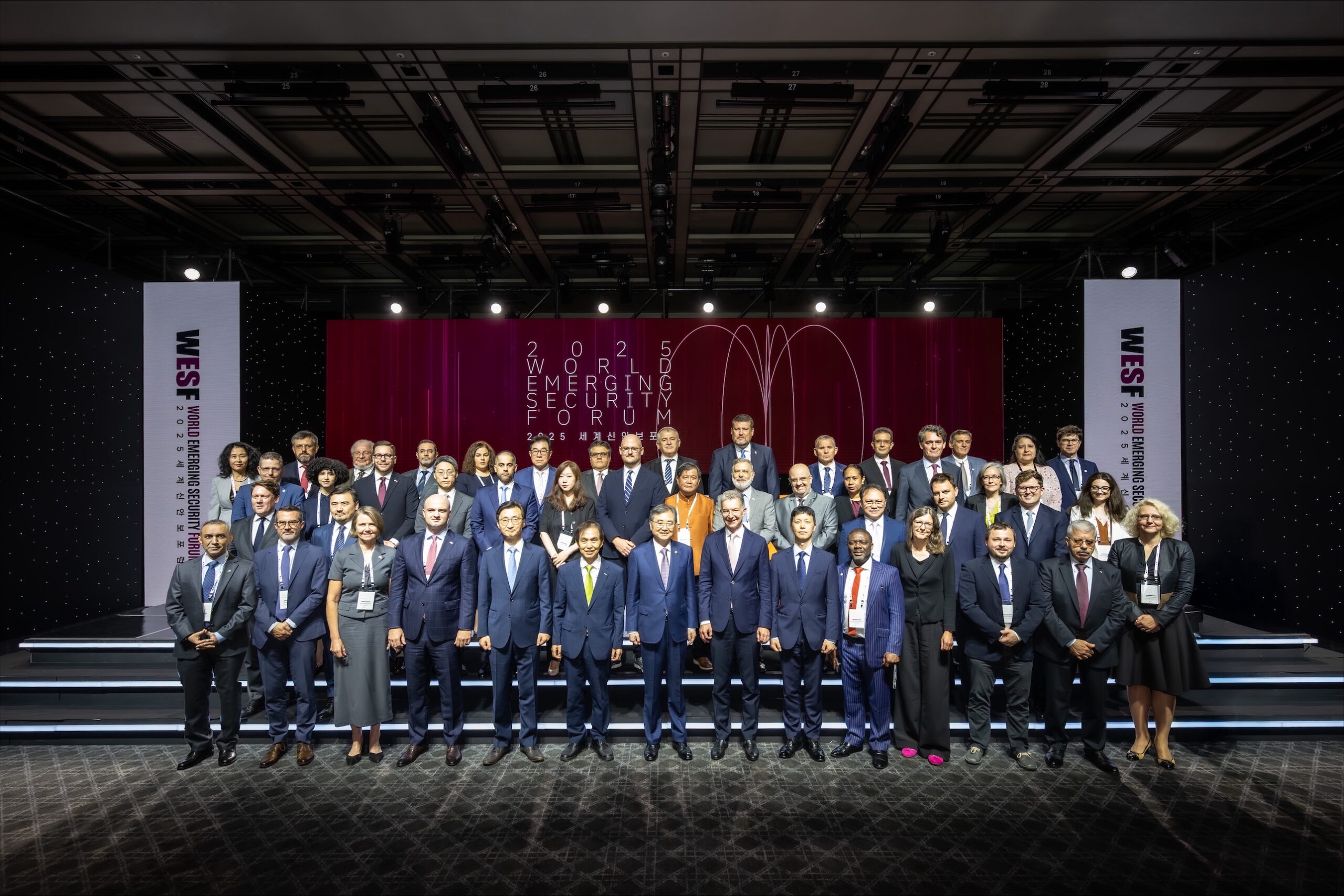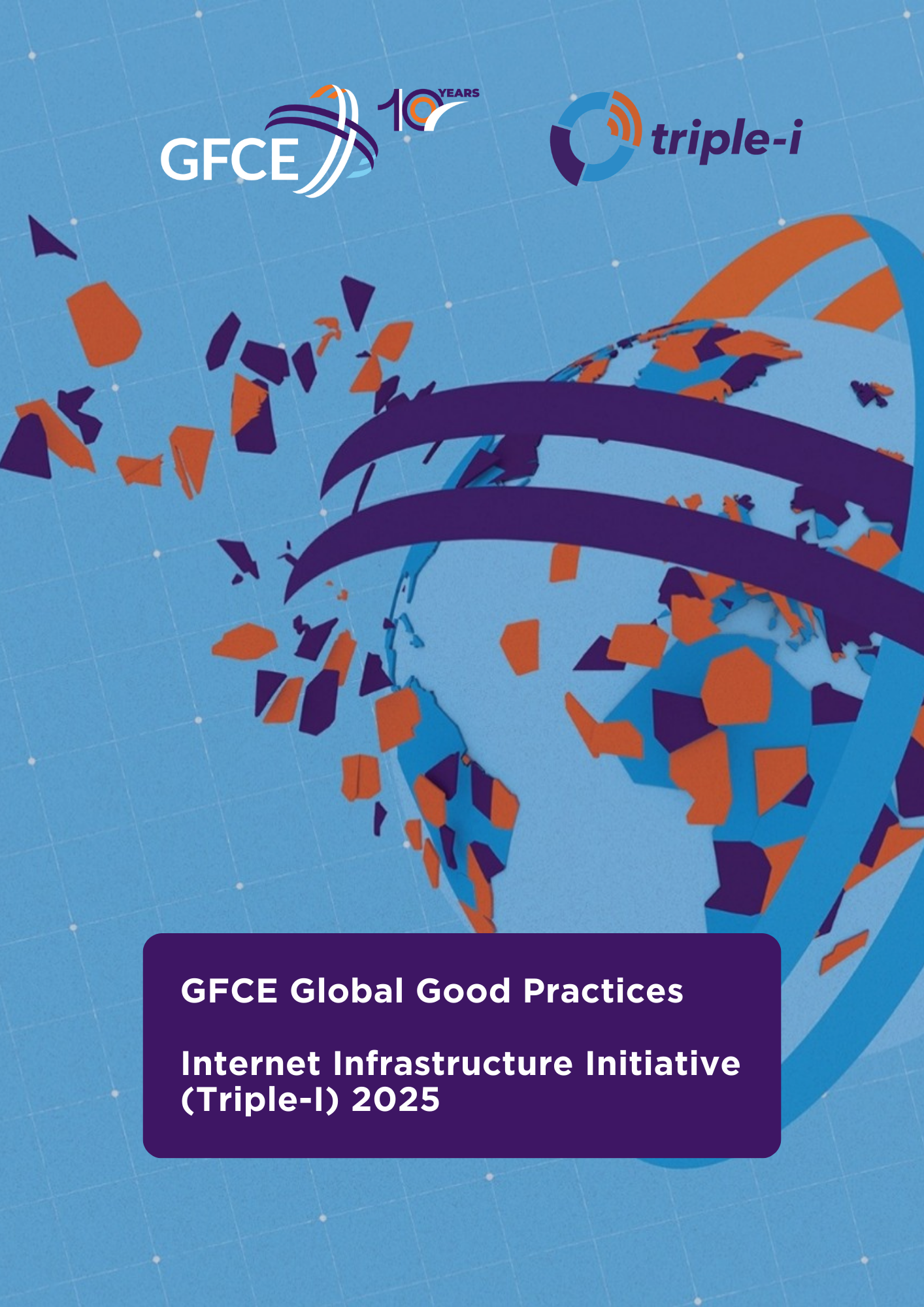News item | 08-06-2017
Over the past years there has been an increasing interest in the topic of cyber capacity building within the international community. This was highlighted during the third ‘London Process’[1] conference in Seoul in 2013, where cyber capacity building was put on the agenda. During the fourth conference, the Global Conference on CyberSpace (GCCS) in The Hague, the Netherlands, a structure was provided for global cyber capacity building. The Global Forum on Cyber Expertise (GFCE) was launched as a deliverable of this conference. In less than two years, the number of GFCE Members and GFCE initiatives has expanded beyond expectations. With the prospect of the fifth GCCS conference taking place in November 2017, the next steps are taken on the topic with the aim to reach a shared global agenda on cyber capacity building.
[1] The London Process refers to a series of international cyber conferences, whereof the first conference took place in 2011 in London.
Written by: Manon van Tienhoven, Advisor, GFCE Secretariat and by the GFCE Advisory Board
A Global Agenda on cyber capacity building
The global agenda on cyber capacity building is a shared agenda with an agreed ambition on the priority setting of cyber capacity building topics, for example, a cybersecurity strategy for every country or a substantial increase of the number of CERTs worldwide. In collaboration with its Members, Partners and Advisory Board, the GFCE will then steer the development of an internationally coordinated response to cyber capacity building.
Global Good Practices
The GFCE can help to identify global good practices based on the information collected from GFCE initiatives’ experiences and expertise. Good practices are not intended as a one-size-fits-all model. These are merely recommendations, providing a practical document (e.g. toolkit or guidelines) as to how stakeholders can implement and strengthen their cyber capacity building efforts. Other sources for the global good practices are the experiences of the GFCE community and other widely recognized sources such as regional and international organizations.

Official handover of the Global Conference on CyberSpace from the Ambassador of the Netherlands, Alphonsus Stoelinga, to the Indian Minister of IT and Law, Ravi Shankar Prasad.
Looking ahead
The overall objective is to make the 2017 a turning point for a new phase in cyber capacity building which will accelerate developments by merging the best GFCE-related cyber efforts with experience and expertise from capacity development communities worldwide. The GFCE has evolved since its launch in 2015 to facilitate the international multistakeholders’ need for cooperation and coordination on cyber capacity building. The GCCS 2017 in India will be the next milestone for the GFCE, where it can present itself as a worldwide platform and to give a political impulse to the importance of cyber capacity building. In 2018 the GFCE endeavors to shift the focus from awareness of cyber capacity building on a global level towards implementation. The realization of the global agenda and the GFCE global good practices will be the two pillars which will be crucial in determining on how and on which topics the GFCE community will move towards implementation.
Introducing GFCE co-chair Ms. Aruna Sundararajan as the representative for India
Ms. Aruna Sundararajan is an IAS officer of 1982 batch, Kerala Cadre. In her current role as Secretary, Ministry of Electronics & Information Technology, Government of India, Ms. Sundararajan leads policy making at the highest level in achieving the Ministry’s vision and mission as the engine for India’s transformation into an inclusive and empowered digital economy.

Installation of the GFCE Advisory Board during the GFCE Annual Meeting 2016 in Washington.
GFCE Advisory Board: a year later
The mission of the AB is to provide ‘nonbinding but formal guidance to the GFCE Members on cyber capacity building’, as well as to advice on GFCE initiatives, propose its own and to engage in outreach. The AB Members have spent their initial months of their two-year term on tasks necessary for establishing a productive and sustainable working relationship of the AB. The initial Terms of Reference have been revised, adapting them to the Members’ best understanding of their mandate and its implementation; and Rules of Procedure were adopted to suit the AB modus operandi. Current efforts are focusing on prioritizing strategic goals within an Action Plan for the remainder of the AB’s inaugural term. So far, the AB has provided input into the GFCE Strategy and Roadmap documents. Outreach to Members and Partners in order to further GFCE goals and initiatives is a high priority: AB members serve at the behest of the GFCE Members, and are committed to supporting Members’ capacity building.
The AB welcomes any comments, questions and ideas – it is easy to be in touch via the GFCE Secretariat at contact@thegfce.org
This article first appeared in the third issue of the Global Cyber Expertise Magazine – May 2017


